When you think of the Roof of the World - Tibet, the friendly and smiling Tibetan people may come into your mind.
Actually, the Tibetans, the ninth largest ethnic minorities, mostly live in Tibet Autonomous Region and also scatter in Qinghai, Gansu, Sichuan and Yunnan provinces. In Tibetan language, the Tibetans call themselves “Boba” but differ from place to place. Those in Lhasa call “Weiba”, those in Shigatse use “Zangba”, those in Ngari use “Duiba”, those in the west of Sichuan province use “Kangba” and those in Qinghai, Yunnan and northwest Sichuan call “Anduowa”.
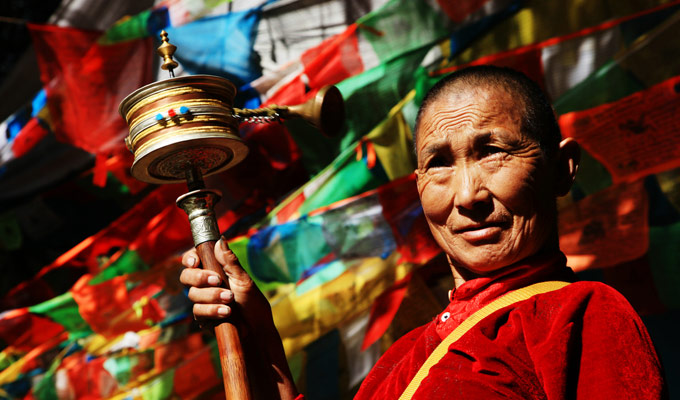
Tibetan Buddhist
Most Tibetans believe in Tibetan Buddhism while a few follow in the Old Bon. No matter which religion they follow, they are devout to it. There are many religious and persistent Tibetan pilgrims on their way prostrating themselves every 3 steps from their home to the holy city of Lhasa in Tibet.
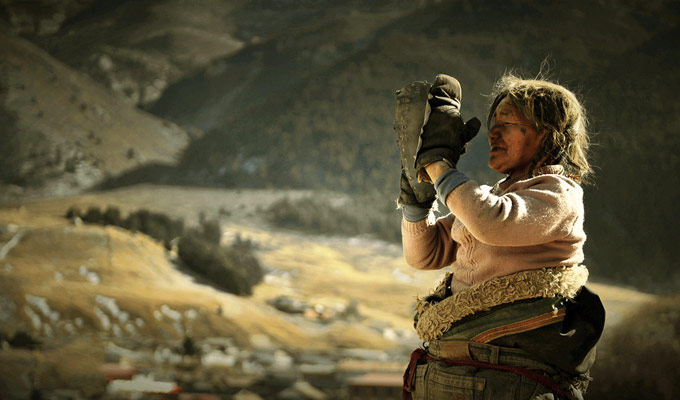
Tibetan pilgrims on their way to Lhasa
Architecture in Tibet is a combination of Chinese and Indian style and with a deeply Buddhist feature. It can be divided into two categories: Tibetan religious structures and Tibetan traditional folk houses.
Since the ancient time, Tibetan craftsmen has created excellent skills and styles, and inherited from generation to generation. The architectural style of Tibet originates from local tradition, and gets influence by Chinese and Indian building style, and is deeply themed by Buddhist elements, such as prayer wheel, prayer flags, golden roof, Buddha statues, Thangka, etc. Many of monasteries are built on elevated sunny hillside facing south, and are usually made of mixture of rocks, wood, cement and earth. The walls are usually pained white or red colors.
Among all the excellent buildings in Tibet, the Potala Place is the most outstanding one. This palace stands at 117 meters in height and 360 meters in width. It is considered as the most important and typical building applying the best features of Tibetan architecture. There are thousands of rooms and chapels inside the palace housing precious arts and treasure.
Some other important monasteries are Jokhang Temple, Sera Monastery, Drepung Monastery, Ganden Monastery, Sakya Monastery, Tashilhunpo Monastery, Palcho Monastery, etc. They share similar architecture style, but usually differ a lot in details. The Sera Monastery is famous for Buddhism debating, Jokhang Temple is the holiest place of pilgrimage, Palcho has the famous Kumbum…
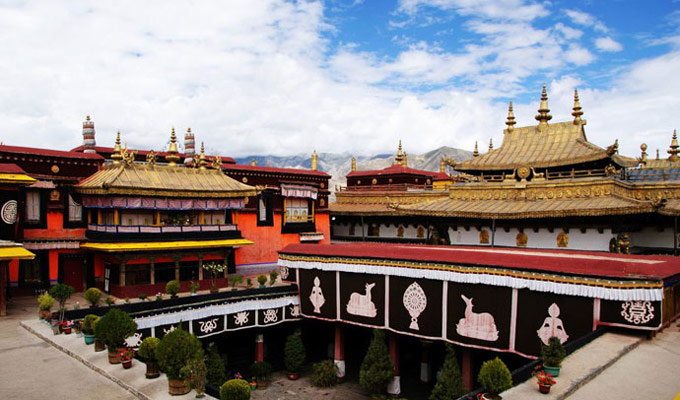
Jokhang Temple
In different regional, the house styles are different. The most common folk house style is the white Stone Tower which is built like military fortifications in the shape of a trapezoid. It usually the two-story buildings made of stone and wood. The first floor is for livestock and the second floor is for families’ living. In the pastures of Northern Tibet, some herding Tibetans live in tents.
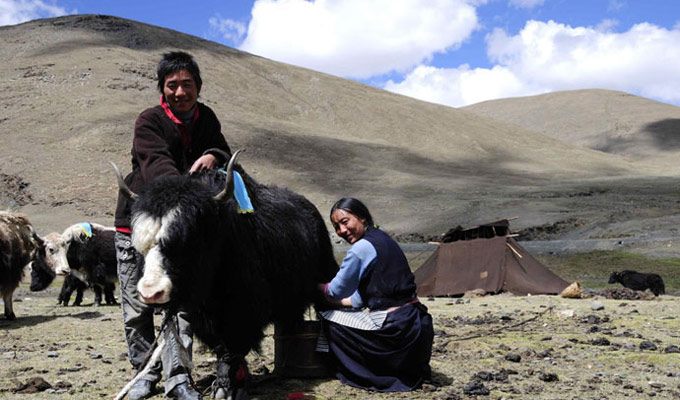
Tibetan live in Tent
The clothes used by Tibetans, both men and women, is called chuba, a full gown with long sleeves that reach far below the fingertips. The dress style varies from place to place.
Tibetan people have unique food and drink due to the high altitude, harsh climate, religious belief and ethnic customs. Tibetan cuisine includes noodles, goat, yak, mutton, dumplings and cheeses (often from yak or goat milk), butter and soups. The typical Tibetan cuisines include Tsampa, Beef and Mutton, Butter Tea. If you pay a visit to Tibetan areas, you should try the unique food and drink.
Hada, a ceremonial scarf, is highly regarded. Tibetan people here usually present Hada as a mark of esteem when holding celebration parties, welcoming visitors. Usually, when you land in Lhasa, the Tibetan tour guide will present Hada with tow hands. At this time, travelers should receive the Hada with tow hands.
Tibetans celebrate festivals almost every month. The most important festivals are:
Tibetan New Year: first to third day of the first lunar month by Tibetan Calendar
Saga Dawa Festival: April 15 by Tibetan Calendar
Shoton Festival: June 30 by Tibetan Calendar
Bathing Festival: July 6-12 by Tibetan Calendar
If you are interested in the Tibetan festivals and activities, please head for Tibet Tours page for more information or feel free to contact our professional travel consultants to plan it.
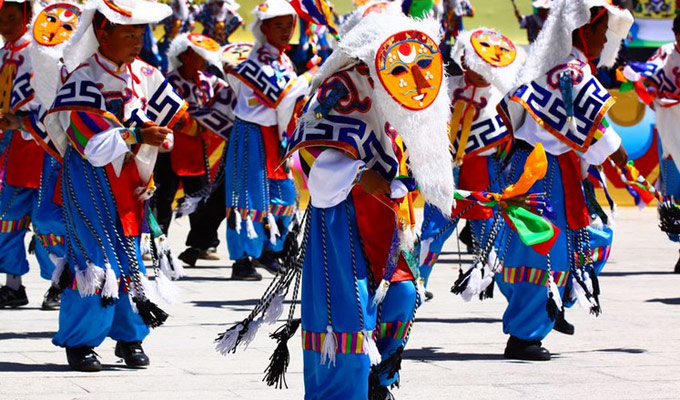
Shoton Festival
There is no need to worry finding no things to do in Tibet, and you only need to worry how I can have more days to spend in Tibet. Besides the temples, monasteries, pagodas, travelers could also explore high sacred snow mountains and holy lakes. To explore the real Tibet, you’d better take Lhasa, Gyantse, Shigatse, Everest route.
Everyone has the ambition to tread the high mountains underfoot. So why not come to Tibet to challenge yourself? If you are professional and fully prepared, go to conquer the highest peak in the world – Mount Everest. As for regular tourists, we don’t need to hike up to the top of those mountains higher than 7000 meters, but we can get closer to them. Today, the highest peak can’t stop our steps. We can travel to the Everest Base Camp which is located at 5200 meters above the sea level, and offer you clear views of the giant Everest. Tibet has too many high mountains, and the locals relate them with many beautiful legendary religious story. The most holiest mountain in the world – Mt. Kailash is standing on the remote Ngari and waiting for you visiting.
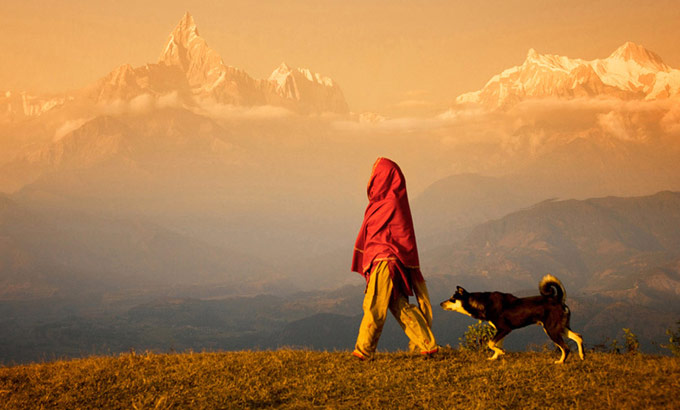
High Sacred Snow Mountains in Tibet
Lakes on the plateau are quite different from those in plains, basins, etc. They are less visited, and still keep the wild environment. Tibet has three most famous holy lakes - Namtso Lake, Yamdrok Lake and Manasarovar Lake.
Namtso is usually reported as the most beautiful lakes in China. It is only 220km away from Lhasa. It is surrounded by snow mountains and grasslands. Namtso is also a popular place for pilgrimage and meditation. Yamdrok Lake is located along the roads from Lhasa to Gyantse. Its water is as pure as crystals. While the Manasarover Lake is in the remote western Tibet. Around the lake and Mount Kailash is the word famous pilgrimage yatra route.
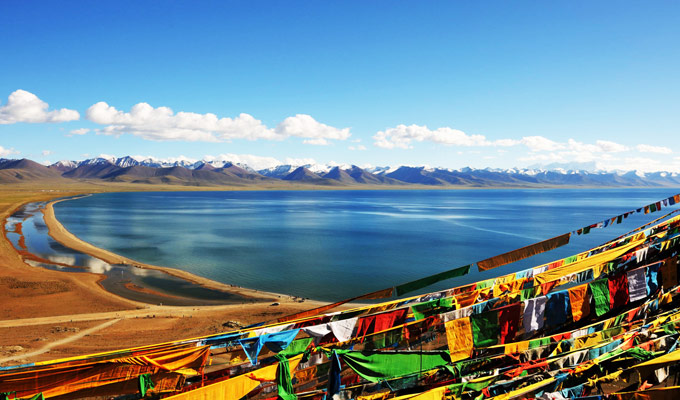
Namtso Lake
Check the best-selling China ethnic minority tours, which covers the Tibetan ethnic group in Tibet. Remember, all can be customized to satisfy your needs at best price!
Top 3 tours chosen by most customers to explore in the best way. Check the detailed itinerary, or tailor your own trip now with us.
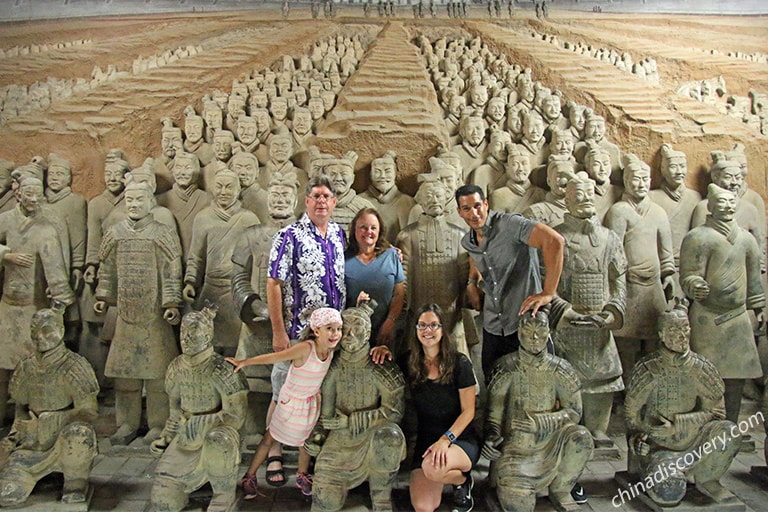
Beijing / Xian / Shanghai
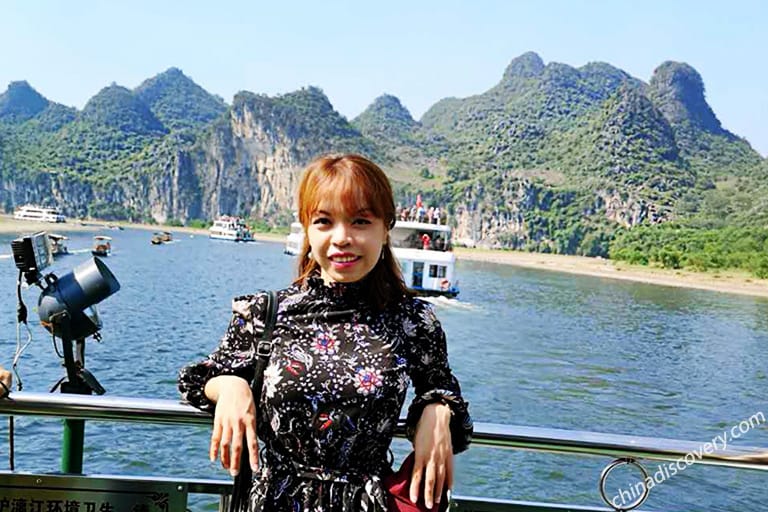
Beijing / Xian / Guilin / Yangshuo / Shanghai
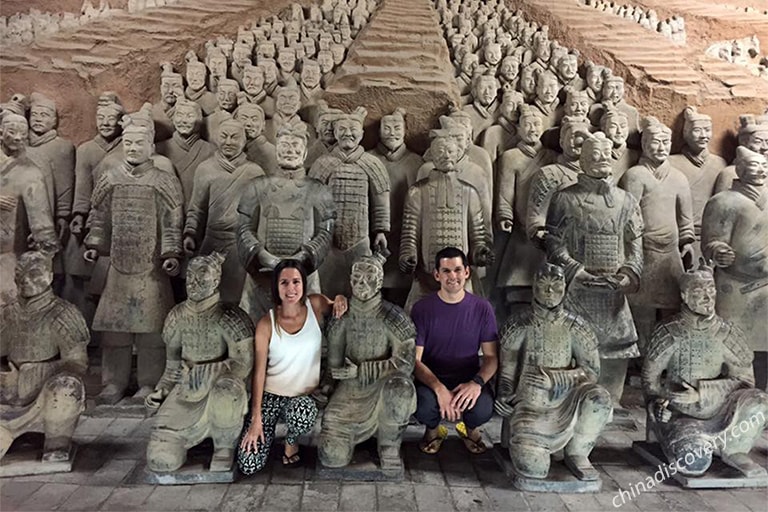
Hong Kong / Guilin / Yangshuo / Longsheng / Chengdu / Xian / Beijing
Start planning your tailor-made holiday to China by contacting one of our specialists. Once inquired, you’ll get a response within 0.5~23.5 hours.
Customize a Trip